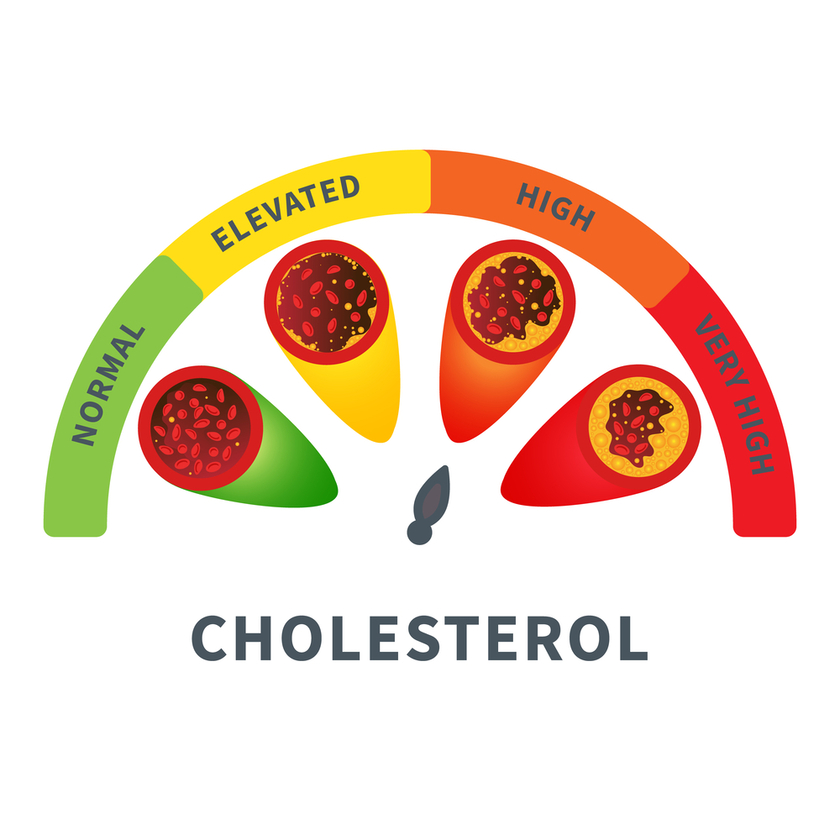As old age comes in, it becomes increasingly important to prioritize our heart health. One crucial aspect of heart health is managing cholesterol levels. High cholesterol can lead to serious health issues, including heart disease and stroke. If you’re exploring senior living options, it’s essential to focus on retirement communities that help to maintain a healthy lifestyle to manage cholesterol effectively. In this article, we’ll discuss five lifestyle changes you can adopt to help manage your cholesterol levels and promote a better quality of life during your golden years in our assisted living community.
Adopt a Heart-Healthy Diet
The food you consume has a significant impact on your cholesterol levels. To manage cholesterol effectively, focus on a diet that is low in saturated fats and trans fats. These unhealthy fats can raise your LDL (low-density lipoprotein) cholesterol, which is often referred to as “bad” cholesterol. Instead, opt for foods rich in soluble fiber, such as oats, beans, fruits, and vegetables. Soluble fiber helps reduce LDL cholesterol levels. Additionally, incorporate healthy fats like those found in olive oil, avocados, and nuts into your diet. These fats can help increase your HDL (high-density lipoprotein) cholesterol, often referred to as “good” cholesterol.
Stay Active
Regular physical activity is another essential factor in managing cholesterol. Engaging in exercise helps increase your HDL cholesterol while lowering your LDL cholesterol. Aim for at least 150 minutes of moderate-intensity aerobic activity, such as brisk walking or swimming, every week. Even light activities like gardening or dancing can contribute to better heart health. Consult with your healthcare provider before starting any new exercise regimen, especially if you have underlying health conditions.
Maintain a Healthy Weight
Being overweight or obese can significantly affect your cholesterol levels. Losing excess weight can lead to a decrease in LDL cholesterol and an increase in HDL cholesterol. Talk to your healthcare provider about setting realistic weight loss goals and developing a personalized plan to achieve them. Remember that even small reductions in weight can have a positive impact on your cholesterol levels and overall health.
Quit Smoking
If you’re a smoker, quitting is one of the most significant steps you can take to improve your heart health and manage cholesterol. Smoking not only lowers your HDL cholesterol but also damages your blood vessels, making it easier for cholesterol to build up and form plaques. Seek support from healthcare professionals or support groups to help you quit smoking, as it can be a challenging process.
Limit Alcohol Intake
While some studies suggest that moderate alcohol consumption may have cardiovascular benefits, excessive alcohol intake can negatively affect your cholesterol levels and overall health. If you choose to drink alcohol, do so in moderation. For most adults, this means up to one drink per day for women and up to two drinks per day for men. Be mindful of portion sizes and opt for heart-healthy options like red wine if you decide to include alcohol in your diet.
Manage Your Cholesterol Effectively for Healthy Senior Living
Managing your cholesterol levels is crucial for a healthy and vibrant retirement life. By adopting these five lifestyle changes – maintaining a heart-healthy diet, staying active, maintaining a healthy weight, quitting smoking, and limiting alcohol intake – you can take control of your cholesterol and reduce your risk of heart disease and other related health issues. Remember to consult with your healthcare provider before making any significant changes to your lifestyle, and work together to create a personalized plan that fits your individual needs. Taking proactive steps now can lead to a healthier and more fulfilling lifestyle.







